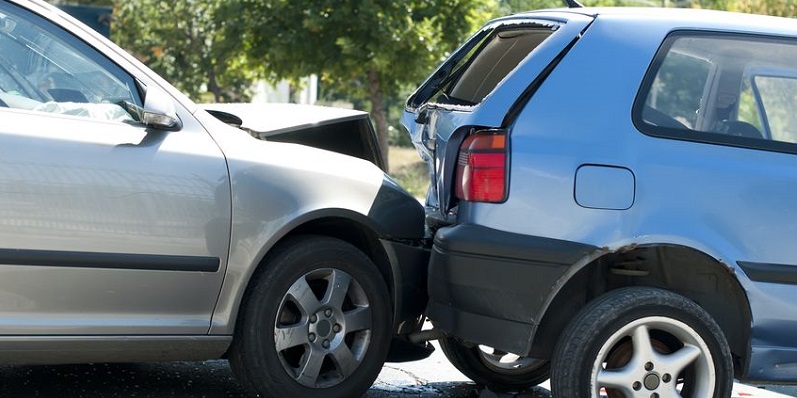Drowsy driving killed nearly 800 people last year, and injured thousands more. Researchers are now using blood tests to see if they can determine who is prone to drowsy driving due to sleep deprivation.
How UK Scientists Discovered How to Test for Sleep Deprivation
A few years ago, a national study was done in the United States on the topic of sleep. An astounding 60 percent of adults questioned admitted they had gotten behind the wheel of a vehicle when they were feeling drowsy. Drowsy driving is a serious problem, and now researchers from the United Kingdom are investigating the issue in a deeper manner, launching a study that could help identify those who are prone to drowsy driving by connecting it to a root cause, sleep deprivation.
Blood Test May Uncover Drowsy Driving Tendency
A few years ago, the National Sleep Foundation did an extensive poll titled “Sleep in America,” during which they interviewed almost 168 million drivers. Not only did a majority admit to driving drowsy at one time or another, but 37 percent of those polled said they had fallen asleep while driving. The National Highway Traffic Safety Administration (NHTSA) notes that last year drowsy driving killed nearly 800 people.
From 2011-2015, NHTSA says there were more than 4,100 fatal crashes involving a driver who was drowsy. The problem is extremely bad here in Colorado making the state the third worst when it comes to auto accident fatalities associated with drivers who have fallen asleep behind the wheel. An even deeper look into the local issue can be found on a website developed by a self-proclaimed group of “lifetime insomniacs, who have researched the most treacherous roads in the U.S. when it comes to drowsy driving.” Colorado has statistical lines zig-zagging throughout the state noting dangerous areas.
While there are some high-tech solutions to curtailing drowsy driving, getting to the bottom of why some drivers are more prone to this serious situation is the goal of scientist in the U.K. They are approaching this issue by taking blood samples of study participants to see if there are any genetic markers that could make some folks prone to drowsy driving.
Using Sleep Deprivation to Prevent Drowsy Driving Auto Accidents
Unlike a breathalyzer that can detect alcohol use by a driver, there was no real concrete way to determine if someone is too drowsy to drive until now. A recent national article on the Sleep Research Centre at the University of Surrey, Guildford, UK, highlighted a preliminary report on its findings of a 36-participant study to see if a blood test could pinpoint which individuals were clinically sleep deprived. The subjects were all made to stay awake for 40 hours. Scientists then drew blood from each of them and used a DNA sequencer to detect inflammation of certain genes.
In the end, they were able to identify which of the 36 were officially sleep deprived. Going without sleep for multiple hours will impact some people differently than others, so the move now is to find a way to alert people if they are more prone to drowsy driving so they can take steps to avoid it. This study is in its infant stage; scientists are also looking at developing less invasive methods, such as a saliva test, or even a type of breathalyzer test, that can be done on people to determine if they are alert enough to drive.
There are situations that can cause people to have unstable sleep habits; shift workers come to mind, as well as those with a newborn who must wake multiple times during the night. If you ever feel yourself nodding off or getting sleepy while driving, safely pull over and get some rest. You may lose a little time, but drowsy driving is not worth losing your life over.

